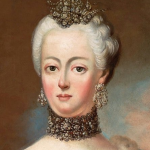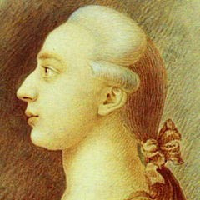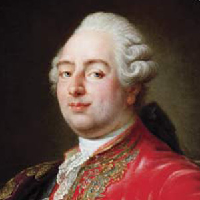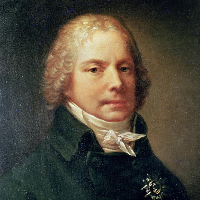Frederick William I of Prussia 'the Soldier King' mbti kişilik türü
Kişilik
"Frederick William I of Prussia 'the Soldier King' hangi kişilik türü? Frederick William I of Prussia 'the Soldier King', MBTI, 1w2 - sx/so - 'de ESTJ kişilik türüdür, SLOEN, SLOEN, büyük 5, ' dır."
Does anyone have any arguments for 8 as opposed to 1? He was a very religious man, but this also caused him great turmoil. Though he was a Calvinist who believed in predestination, he doubted that he would ever go to heaven, and thus urged his heirs not to be taught "too much" about religion. For him to hold such beliefs yet exclude himself from ever going to heaven, he must have doubted his own integrity and righteousness. 1s are famously critical people. Yes he was stern, violent and someone who wasn't called the "Soldier King" for nothing, but that doesn't mean he was automatically an 8. Sx 1s can most certainly have a temper. I'd like to see more detailed arguments about his enneagram.
Biyografi
Frederick William I (German: Friedrich Wilhelm I.; 14 August 1688 – 31 May 1740), known as the "Soldier King" (German: Soldatenkönig), was the King in Prussia and Elector of Brandenburg from 1713 until his death in 1740, as well as Prince of Neuchâtel. He was succeeded by his son, Frederick the Great. He was born in Berlin to Frederick I of Prussia and Sophia Charlotte of Hanover. During his first years, he was raised by the Huguenot governess Marthe de Roucoulle. His father had successfully acquired the title King for the margraves of Brandenburg. On ascending the throne in 1713 the new King sold most of his father's horses, jewels and furniture; he did not intend to treat the treasury as his personal source of revenue the way Frederick I and many of the other German Princes had. Throughout his reign, Frederick William was characterized by his frugal, austere and militaristic lifestyle, as well as his devout Calvinist faith. He practiced rigid management of the treasury.
Kişilik correlate

Marie Antoinette

Catherine the Great

Frederick the Great

Giacomo Casanova

Gilbert du Motier, Marquis de Lafayette

Louis XVI of France

Alexander Suvorov

Charles-Maurice de Talleyrand-Périgord







